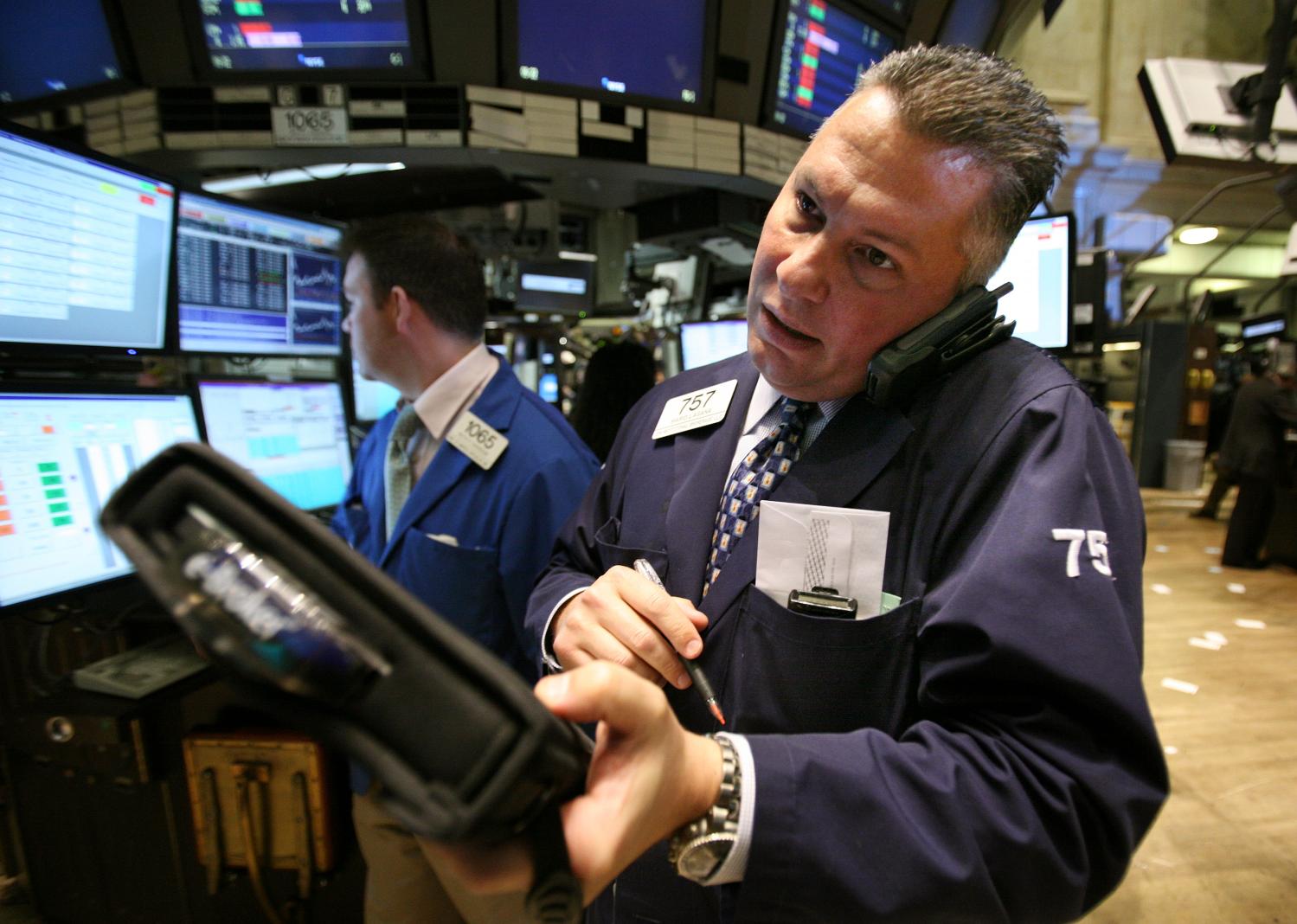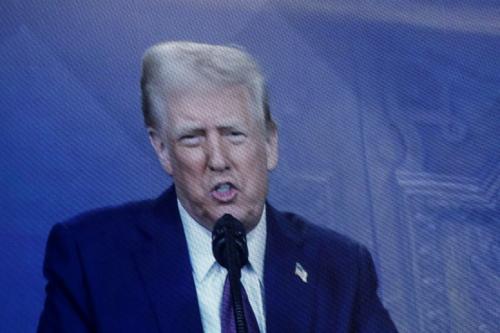This research appears in the Russell Sage Foundation Journal of the Social Sciences. This report is part of the Series on Financial Markets and Regulation and was produced by the Brookings Center on Regulation and Markets.
Abstract
In “The impact of the Dodd-Frank Act on financial stability and economic growth,” Martin Neil Baily, Aaron Klein, and Justin Schardin assess the benefits and costs of key provisions of the Dodd-Frank Act that strengthened regulation following the financial crisis. The provisions are placed into five groupings: clear wins, clear losses, costly tradeoffs, unfinished business, and too soon to tell. Clear wins include higher prudential standards, including for capital; the single-point-of-entry resolution authority; creation of the Consumer Financial Protection Bureau; and greater transparency and oversight of derivatives. Clear losses are restrictions on Federal Reserve emergency lending authority and forcing the Federal Deposit Insurance Corporation to obtain permission from Congress before providing temporary liquidity guarantees. Costly tradeoffs are the Volcker Rule and the Lincoln Amendment. Unfinished business includes regulatory consolidation and more independence for the Financial Stability Oversight Council and the Office of Financial Research. Too soon to tell are requirements and standards for leverage ratios, capital buffers, stress testing, and liquidity requirements. Read the full research here.
The Brookings Institution is committed to quality, independence, and impact.
We are supported by a diverse array of funders. In line with our values and policies, each Brookings publication represents the sole views of its author(s).






